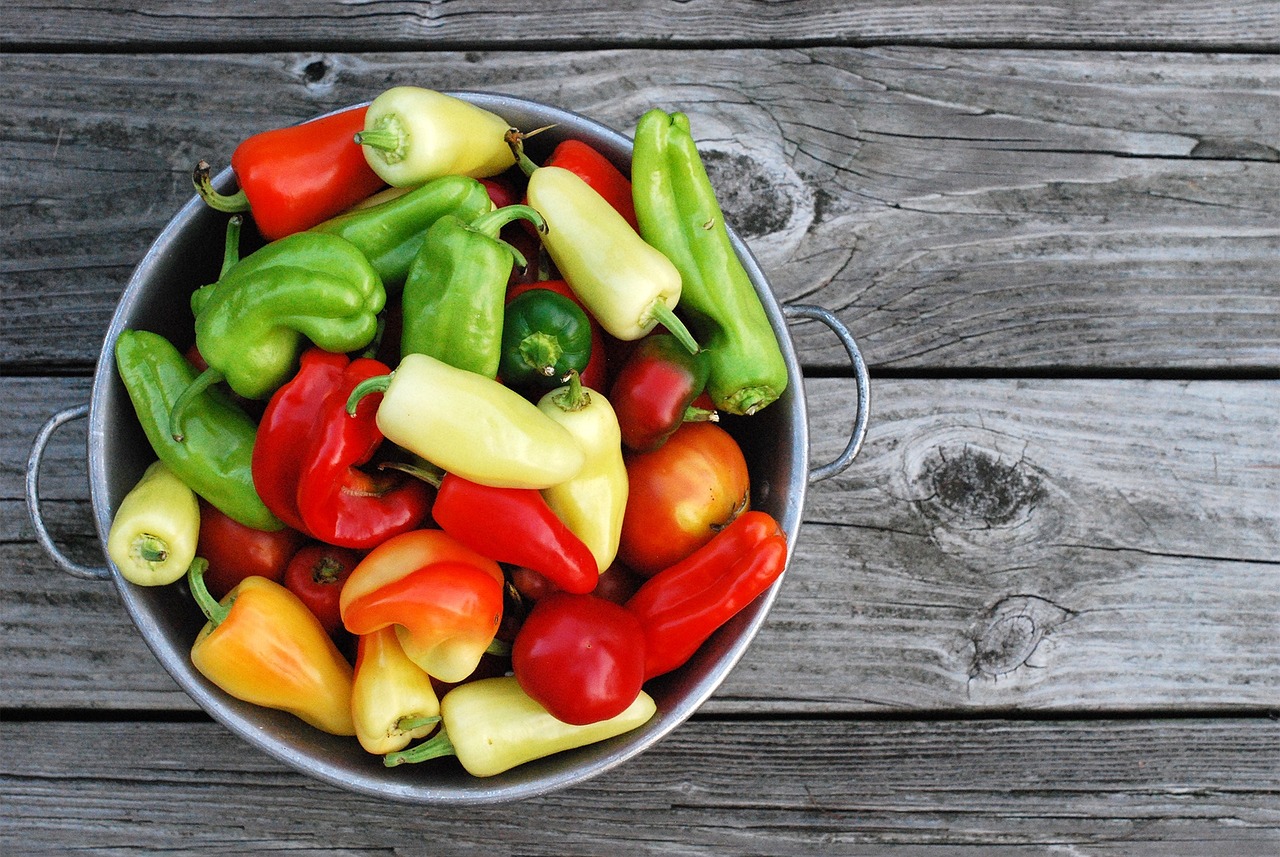Poultry Farming and Rural Development: Betbook250 login, Reddybook id, Playlotus365
betbook250 login, reddybook id, playlotus365: Poultry farming has proven to be a beneficial practice for rural development in many countries around the world. Not only does it provide a stable source of income for farmers, but it also contributes to food security and nutrition in rural communities. In this blog post, we will delve into the various ways in which poultry farming can help drive rural development and the key factors to consider when starting a poultry farm.
Benefits of Poultry Farming in Rural Development
1. Economic Empowerment: Poultry farming provides a steady source of income for rural farmers, allowing them to improve their standard of living and invest in other areas of their lives. The sale of eggs and meat from poultry can generate significant revenue for farmers, making it a lucrative business venture.
2. Employment Opportunities: Poultry farming creates employment opportunities for rural residents, particularly women and youth who may struggle to find work in other sectors. By hiring local labor to help with the day-to-day operations of the farm, poultry farmers can contribute to reducing unemployment rates in rural areas.
3. Food Security: Poultry farming plays a crucial role in providing a consistent supply of protein-rich eggs and meat to rural communities. This helps address malnutrition and hunger issues, particularly among vulnerable populations such as children and pregnant women.
4. Sustainable Agriculture: Poultry farming can be integrated into a sustainable agriculture system, where chicken manure can be used as organic fertilizer for crops. This promotes soil fertility and reduces the reliance on synthetic fertilizers, ultimately leading to a more sustainable farming practice.
5. Technology Adoption: Poultry farming encourages the adoption of new technologies and practices in rural communities. From automated feeding systems to disease management techniques, farmers can benefit from advancements in poultry farming that improve productivity and efficiency.
6. Market Access: Poultry farming provides farmers with access to local and regional markets, allowing them to sell their products and generate income. By participating in the value chain of the poultry industry, rural farmers can connect with buyers and reach a wider consumer base.
Starting a Poultry Farm: Key Considerations
1. Choosing the Right Poultry Species: Before starting a poultry farm, it is essential to decide on the type of poultry species you want to raise. Whether it’s chickens, ducks, turkeys, or geese, each species has its own requirements and market demands.
2. Housing and Infrastructure: Building proper housing facilities for your poultry is crucial for their health and wellbeing. Ensure that the housing structures are well-ventilated, secure from predators, and provide enough space for the birds to move around comfortably.
3. Feeding and Nutrition: Providing a balanced diet is essential for the growth and development of your poultry. Consult with a nutritionist to develop a feeding program that meets the specific dietary needs of your birds and ensures optimal health and productivity.
4. Disease Management: Implementing biosecurity measures is vital to prevent the outbreak of diseases in your poultry farm. Regular vaccinations, proper sanitation practices, and monitoring for any signs of illness are key aspects of disease management in poultry farming.
5. Marketing and Sales: Developing a marketing strategy for your poultry products is crucial for success. Identify your target market, establish relationships with buyers, and promote your products through various channels such as local markets, grocery stores, and online platforms.
6. Financial Planning: Running a poultry farm requires a significant investment in infrastructure, equipment, feed, and labor. As such, it is important to create a comprehensive financial plan that outlines your budget, revenue projections, and operational costs.
FAQs
Q: Is poultry farming profitable in rural areas?
A: Yes, poultry farming can be profitable in rural areas, provided that farmers follow best practices in husbandry, nutrition, and disease management. By tapping into local and regional markets, farmers can generate a steady income from the sale of eggs and meat.
Q: What are the common challenges faced by poultry farmers in rural communities?
A: Some common challenges faced by poultry farmers in rural communities include disease outbreaks, lack of access to quality feed and veterinary services, limited market opportunities, and inadequate infrastructure for housing and processing facilities.
Q: How can poultry farming contribute to sustainable development in rural areas?
A: Poultry farming can contribute to sustainable development in rural areas by promoting eco-friendly practices such as organic farming, waste recycling, and resource conservation. By adopting sustainable agriculture techniques, farmers can reduce their environmental impact and improve the overall resilience of their farming systems.
In conclusion, poultry farming plays a vital role in driving rural development by providing economic opportunities, enhancing food security, and promoting sustainable agriculture practices. By empowering farmers with the knowledge and resources to start and run successful poultry farms, we can create a more resilient and prosperous rural economy.







